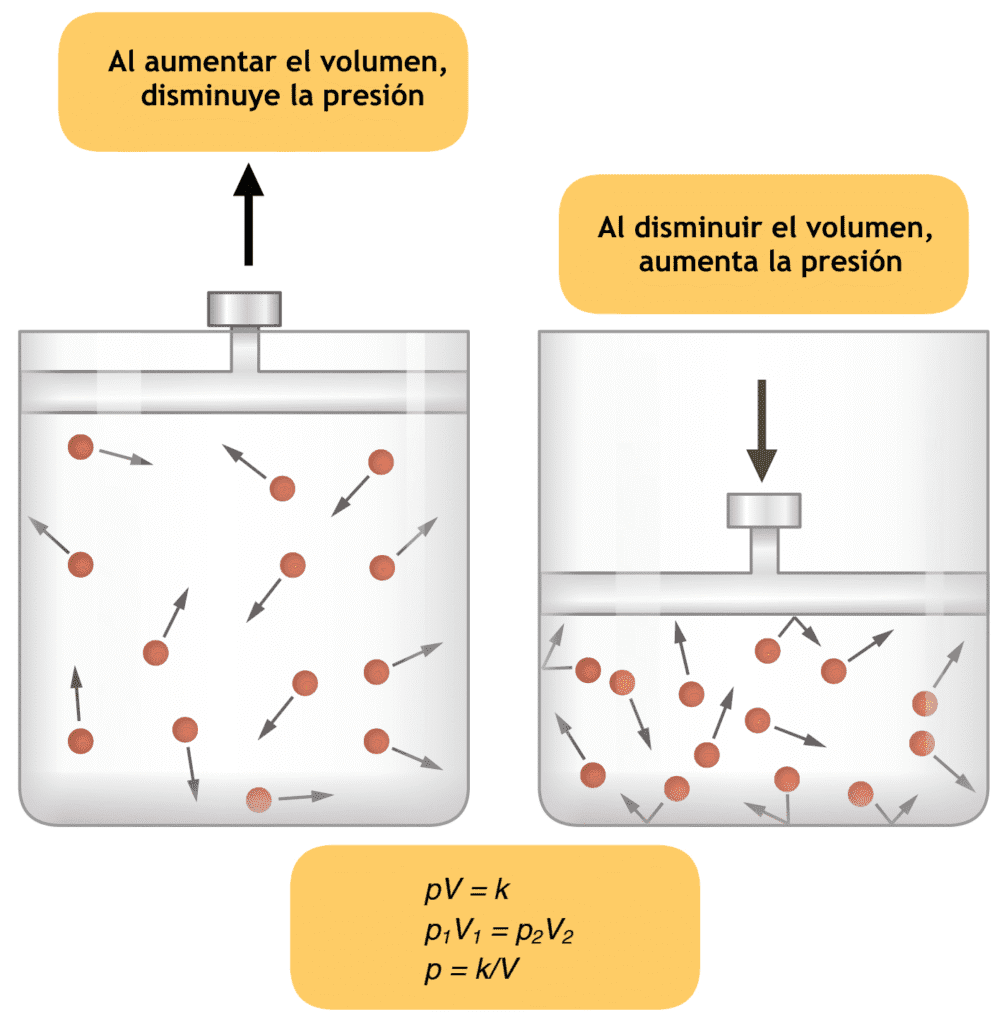Acute barbiturate poisoning causes depression of the CNS, particularly the respiratory system causing decreased breathing, and the cardiovascular system causing a peripheral circulatory collapse.
The frequent and often fatal complications are respiratory (atelectasis, pulmonary edema and bronchopneumonia) or renal (acute renal shutdown).
Treatment of acute barbiturate poisoning
The severity of barbiturate poisoning is assessed by clinical signs prior to treatment and correlates well with plasma levels of barbiturate.
Presence of reflexes, response to painful stimuli and maintenance of BP and of respiration without external assistance indicate a fair prognosis, while cases showing deep coma with absent reflexes, respiratory depression and cardiovascular collapse have a high mortality.
Principles of management of acute barbiturate poisoning
- Hospitalization
- Attention to airway, breathing and circulation (ABC).
- Gastric lavage.
- Forced alkaline diuresis; adequate fluids IV; electrolyte balance.
- Peritoneal dialysis, hemodialysis, hemoperfusion
- Nursing care, nutrition.
- Prophylactic antibiotics.
Gastric lavage in acute barbiturate poisoning
If the patient is conscious and less than four hours have elapsed since ingestion, vomiting may be induced with syrup of ipecac or concentrated salt solution.
If the patient is unconscious, simple aspiration of the gastric contents is helpful if carried out within four hours of barbiturate ingestion. In comatose patients, endotracheal intubation should precede gastric intubation to prevent aspiration.
Endotracheal intubation in acute barbiturate poisoning
Adequate ventilation is important. If the respiration is not much affected, oxygen can be given by a nasal catheter.
Endotracheal intubation is performed when spontaneous respiration is inadequate and also to remove secretions.
If assisted ventilation is required for more than 24 hours, tracheostomy is usually performed. Frequent turning of the patient, tracheal suction and encouraging the patient to cough on awakening help to minimize respiratory complications. Frequent monitoring of blood gases and blood pH is helpful. Respiratory physiotherapy minimizes lung complications.
Forced diuresis in acute barbiturate poisoning
Hypotension and release of ADH reduce the urinary output in barbiturate intoxication. Barbiturate excretion can be enhanced by increasing the urinary flow by using diuretics like mannitol and furosemide.
Mannitol, an osmotic diuretic, is given IV, initially in the dose of 100-120 ml. of 25 per cent solution. Subsequently, a sustained infusion of 5 per ccnl mannitol alternately in a litre of normal saline and a litre of 5 per cent dextrose is administered at the rate of 500 ml. per hour for next 3 hours.
The infusion is thereafter adjusted depending upon urine output and the state of hydration. Potassium chloride (10 to 20 mEq.) is added to each litre according to serum chemistry, and alkalinization with sodium bicarbonate may be conveniently carried out through the drip.
An average urine volume of 10-12 litres in 24 hours (a flow rate of 8-10 ml. per minute) is considered as satisfactory diuresis. The dose of mannitol should not be more than 20 g. per hour. Forced diuresis is terminated on awakening.
Alternatively, furosemide (Lasix) is used in the dose of 20 mg. along with 500 ml. of 1.2 per cent sodium bicarbonate and one litre of 5 per cent dextrose IV in the first hour. The urine flow should be above 5 ml. per minute at the end of the hour. If it is not, furosemide should be given IV in large doses (upto 500 mg. per 24 hours); it is essential to monitor the serum chemistry, central venous pressure and urine output.
Forced diuresis is most useful in poisoning due to phenobarbitone, barbitone and allobarbitone, but not in poisoning due to other barbiturates which are more protein bound, have a large volume of distribution and are less ionized at the achievable urine pH. Shock, cardiac failure and renal impairment are absolute contraindications to forced diuresis.
It must be noted that forced diuresis is a potentially dangerous procedure and should only be considered for those patients who have taken phenobarbitone in such doses that they are unlikely to survive with supportive therapy alone. Forced diuresis must not be used as a substitute for the intensive supportive therapy as outlined above as most of the deaths are because of failure to maintain adequate tissue oxygenation.
Intravenous fluids in acute barbiturate poisoning
Fluids must be given in sufficient quantity as an adjuvant to forced diuresis, in order to prevent dehydration and for maintaining the blood volume. Normal saline with dextrose is employed for this purpose. If hypotension does not respond to replacement by fluids (Chapter 31), vasopressor agents like dopamine may be used. Overloading of the circulation should be avoided.
Alkalinization of the urine in acute barbiturate poisoning
This increases the excretion of long acting barbiturates, such as phenobarbitone; it has no significant effect on the renal elimination of short acting barbiturates. Sodium bicarbonate 3.75g. (45 mEq) as 50ml of a 7.5% solution may be added to every litre of fluid intended for IV administration. The urinary pH should be maintained between 7.5 and 8.5.
Prophylactic antibiotics in acute barbiturate poisoning
These should not be used routinely but may be necessary in those requiring tracheostomy or catheterization of urinary bladder.
Dialysis and hemoperfusion in in acute barbiturate poisoning
Elimination of barbiturates from the body can be hastened by peritoneal dialysis, charcoal hemoperfusion and hemodialysis. All are more effective in removing long acting barbiturates than in removing short acting ones. In general, peritoneal dialysis is more suitable than forced diuresis in patients who have severe renal impairment and in those in whom the cardiac status precludes vigorous fluid administration.
Indications for hemodialysis in acute barbiturate poisoning
- Progressive deterioration with conservative therapy.
- Ingestion of a potentially lethal dose.
- Potentially lethal blood barbiturate levels, and
- In patients in whom peritoneal dialysis is ineffective or contraindicated.
Hemodialysis is about forty times more effective than forced diuresis in promoting barbiturate elimination. Charcoal hemoperfusion is now considered superior to peritoneal dialysis and hemodialysis in this therapy.

